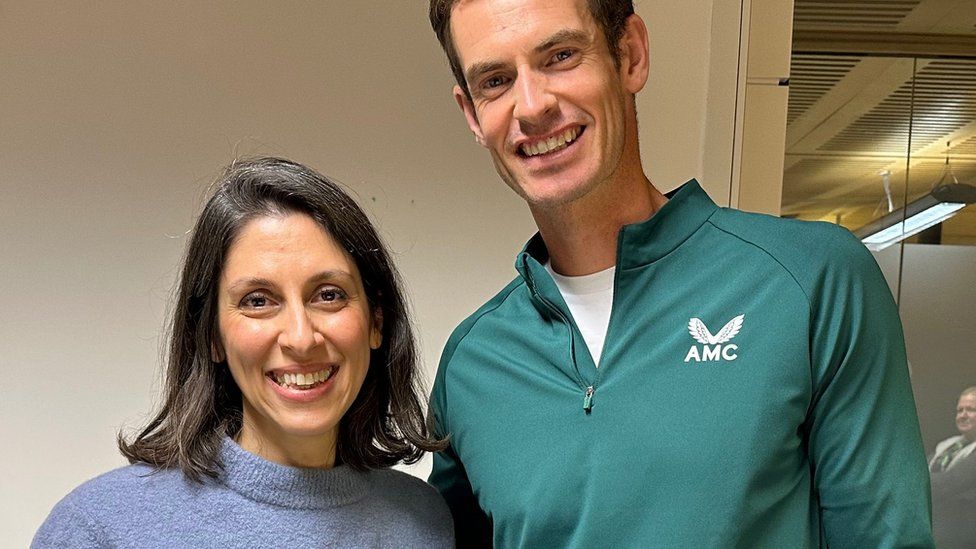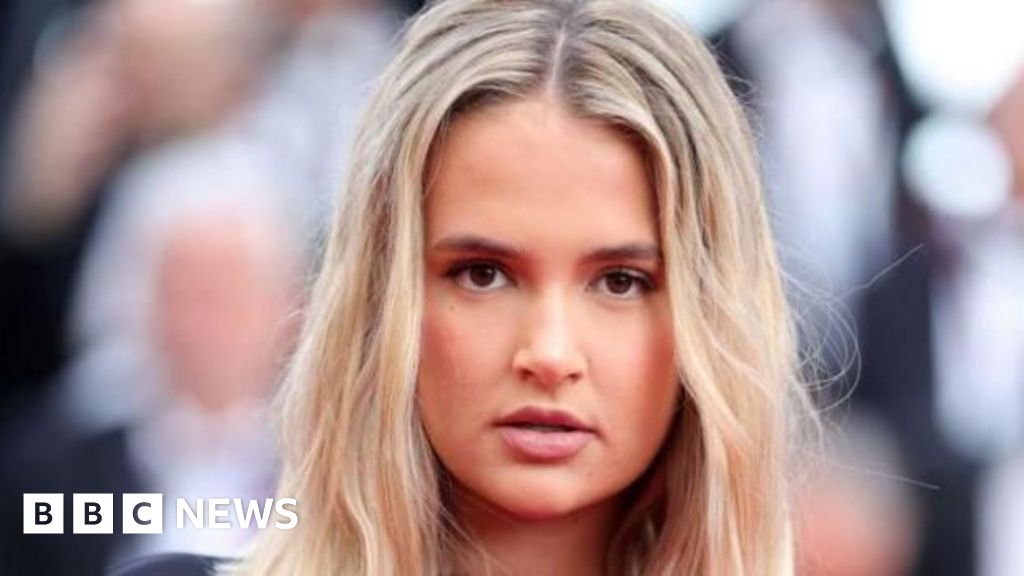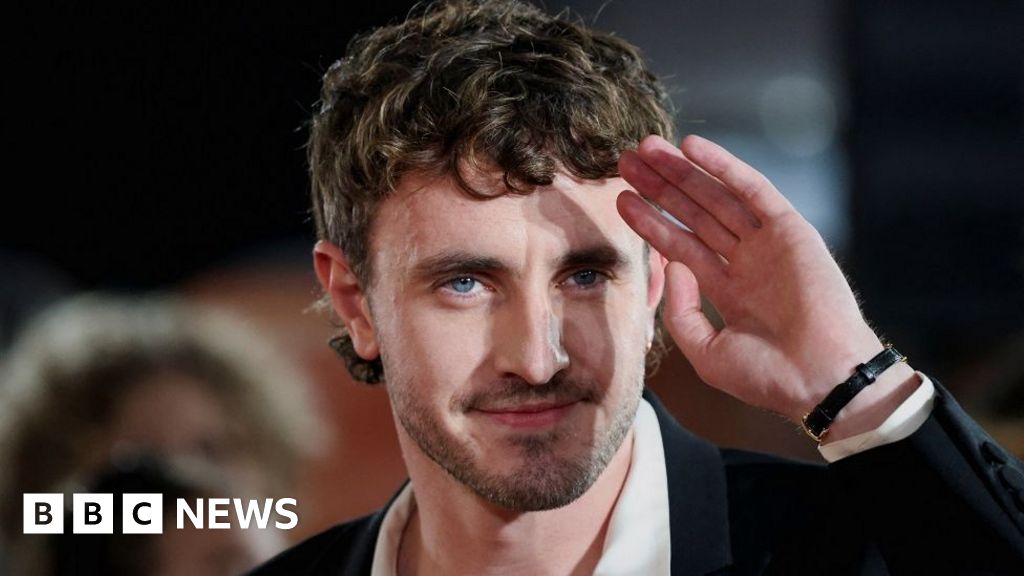ARTICLE AD BOX

Nazanin Zaghari-Ratcliffe interviewed Andy Murray as she guest-edited Radio 4 Today's programme
By William McLennan
BBC News
Nazanin Zaghari-Ratcliffe had been in solitary confinement for months, separated from her husband and young daughter, when her Iranian jailors provided a rare glimmer of joy.
In July 2016, after months without books or newspapers, she was granted access to a TV with two channels - one showing Iranian soaps, the other Wimbledon tennis matches.
"They had no idea what they had given me," she said.
From the notorious Evin prison, she watched as Andy Murray secured his second Wimbledon title on Centre Court - more than 3,000 miles from her prison cell, but just a little over an hour on the Tube from her home in north London.
More than six years later - and nine months after she was released - the 45-year-old met Murray and shared the personal significance of that match, as part of her guest edit of Radio 4's Today programme.
"I was always a big fan of you, but also there I was in solitary confinement watching the match that you actually won in the end," she told Murray. "I can't tell you how joyful it was and I was ecstatic just to see you win."
She had vowed to email Murray on her release and hoped to find tickets to watch the following year's final, she recalled.
"That never happened because I was in prison for such a long time," she said.
Later, after having been moved out of solitary confinement, Nazanin taught other inmates Murray's name and the story of his tournament victory.
"It felt like a connection, it felt like escape," she said. "I was close to home all of a sudden."
Murray, who was visibly moved, said it was "by far the strangest, most incredible story that I've been told about someone watching me".
Listening to her experience of that day had been "quite emotional" and put issues in his own life - like back and knee pain - into context, he said.
"We all have our own problems, but after listening to you and speaking to you I'll certainly make sure I'm a lot more grateful for everything that I've got," he said.
Nazanin, a British-Iranian national, had been detained in 2016 as she was about to fly home from a visit to Iran with her two-year-old daughter.
Iranian authorities alleged she was plotting to topple the government in Tehran. She has always denied the accusations and insisted she had taken her daughter to visit family.
She was released in March, following a sustained campaign by her British husband Richard Ratcliffe.
Murray, who asked Nazanin several questions about her experience, said he would "feel very angry" if he was in her position.
"I would be interested to hear how you feel about it all. You seem absolutely fine now, but I'm thinking if I was in that situation or someone that I knew was in that situation, that I would feel very angry about that," he said.
Nazanin replied: "At times I do feel very angry, but I guess there was a point that I decided I should put the anger away and to not carry it with me, because otherwise it will eat me up for the rest of my life."
Asked by Murray about life in prison, Nazanin said she would "take refuge in the library" reading books on philosophy and history, and spent much of her time cooking and doing craftwork alongside fellow inmates.
"When I came out, there were times that I felt like I really missed my friends and missed prison," she said.
"It's a very odd thing to say. I don't know whether people actually can say that you miss prison, but I sometimes think that I miss the environment and my friendships in prison."
Listen to the Today programme on BBC Sounds or Radio 4 from 0600 GMT.

 1 year ago
19
1 year ago
19








 English (US)
English (US)